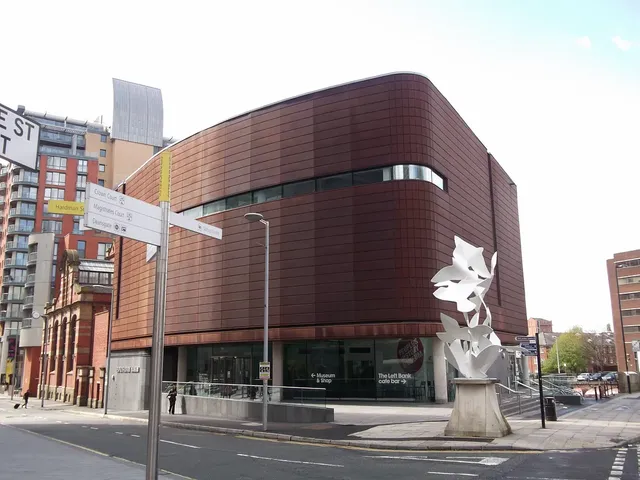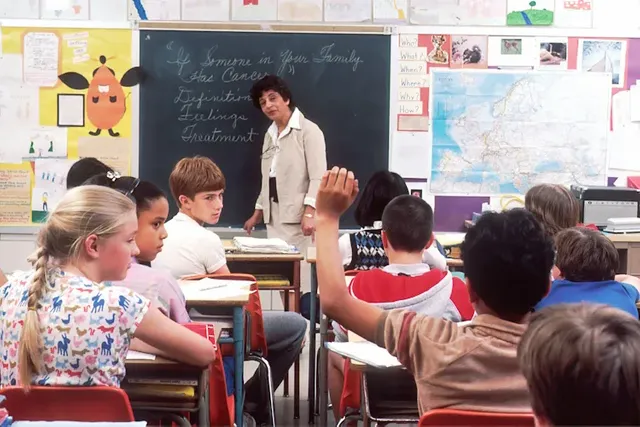Once upon time, about HE policy
In October, I visited the People's History Museum, it was a bit of a vanity trip as I was looking for any documents related to NOLS’s adoption of a comprehensive, as in wide ranging, education policy. I held the education portfolio for that year and I led the organisation, with much help from the other officers, in developing a comprehensive policy which was presented to conference 77.

I remember that I was keen to engage with the Labour Government and its great debate on education. It seemed crucial to establish that education should benefit its students and was not just an investment for human capital in what in retrospect could be seen to be a dying economy.
I found a copy of Labour Student dated Spring 78 reporting on that 77 conference, in which my successor, John Merry wrote a review of the new education policy. I summarise from Merry’s article, as I could not find the papers, that the key demands were,
- Education as a right for all, and its purpose is to develop potential of students
- Education must serve all needs, not just business, and education to be democratically managed.
- The ending of discriminatory access; our concern was that the children of the working class had access to Higher Education; at the time 4% of the school leavers went to university and the same number entered the polys.
Merry, criticised the Labour government plans because the binary higher education system mirrored the class structure, and arguably continued the 11+ split where Universities were designed for non-technical high quality education, and the Polytechnics for technical high quality education and the FE’s for non-high quality education. It took another 25 years to abolish the binary divide, and FE policy remains a problem to this day.
On the question of democratic control, Merry wrote,
We do not believe that education is an industry to be nationalised under workers control but rather is a social service in which workers and present recipients have an important but not complete role to play.
Today I have much more sympathy with elements of the Militant's line on workers control, at least they tried to find a means where, local workers demands could be ameliorated and shaped by consulting with other workers and the government; Clause IV’s demands on control were developed in contradiction to both, the workerism/faux-soviet demands of the Militant and the student vanguardism of elements of the then student left.
We can see today from the changes in the economy and the development of macroeconomic theory that the role of investment in education is much more important than we thought at the time and while there was some cynicism in expanding the target of university entrance numbers, it is/was an important reform as was the more high minded abolition of the binary divide. We needed Romer, and Mitchell to establish theoretical frameworks where maximising potential is preparing people to participate in the economy.

I was ahead of my time but the focus of Labour’s consideration of education policy turned to primary and secondary education with the introduction of national curriculum, academy schools and league tables.These haven't helped as they all contributed to the de-professionalisation of teachers and teaching. The lesson I reflect on today is a rule I learnt many years later; the amount of process and measurement doesn’t necessarily bring about good outcomes and that education, even Higher Education should serve its students.
This is a précis of an article originally published at https://davelevy.info on October 13, 2023.